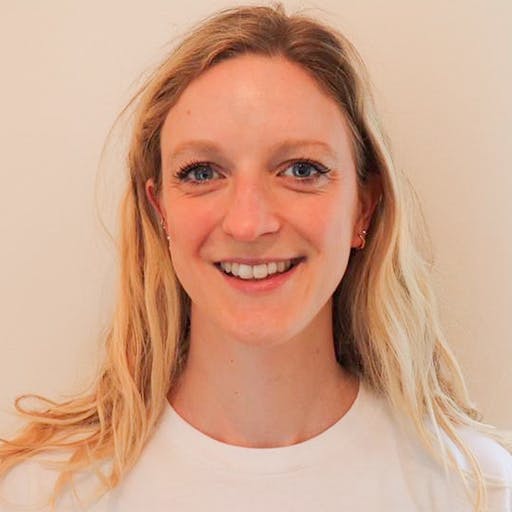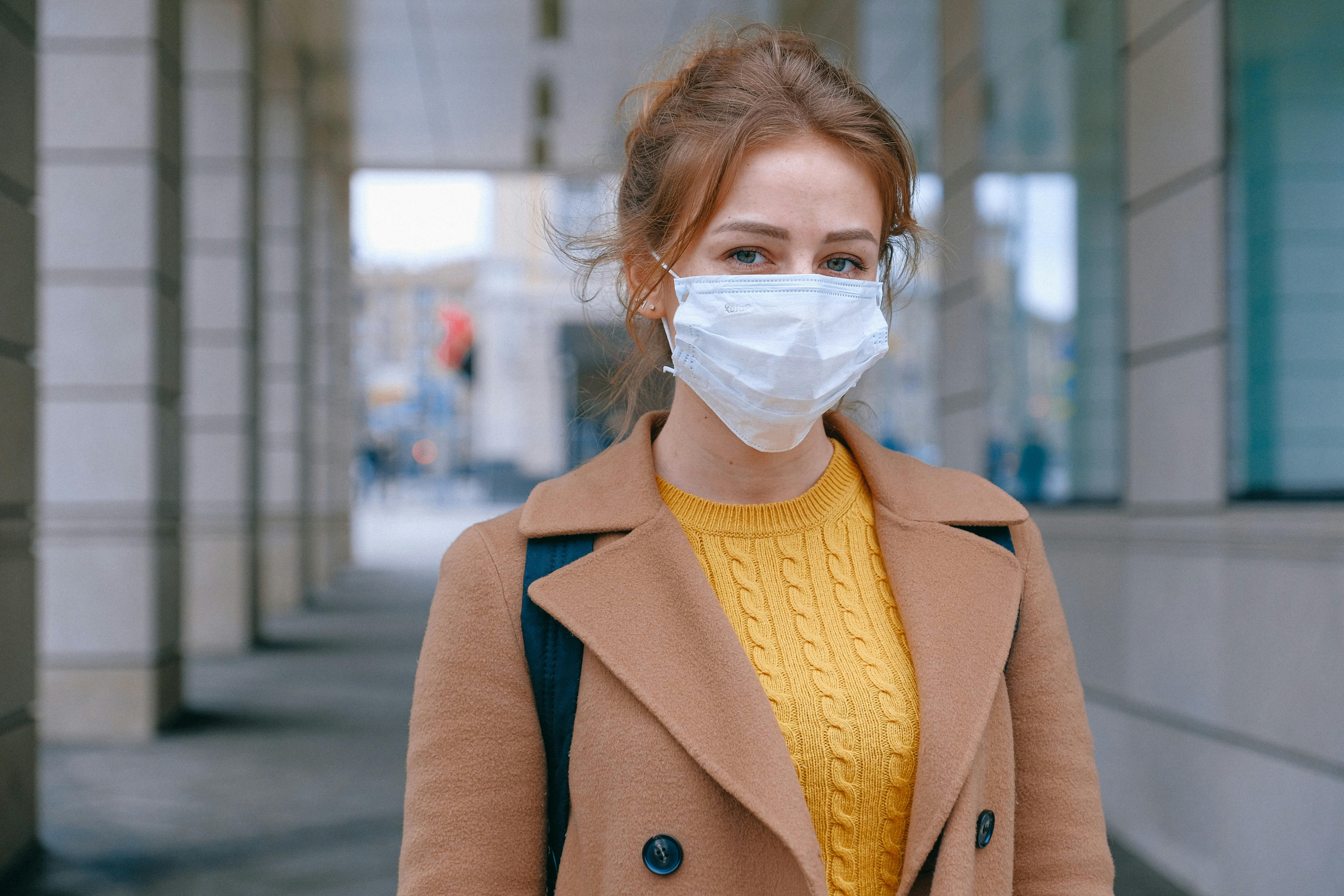Busting COVID-19 myths



Since its emergence in November 2019, scientists have made a lot of new discoveries about COVID-19. But, there’s still no known cure or vaccine for it. During this pandemic, false information and unfounded claims are everywhere. This is not only unhelpful but in some cases is dangerous.
Myth: It’s just like the flu
It’s true that some people, when infected, might only experience similar symptoms to winter flu. But, there have been a huge number of cases where symptoms have been a lot more severe. Also, the predicted death rate of COVID-19 is roughly 1% at the moment – 10 times more than that of the flu.
Myth: COVID-19 can’t survive in hot weather
According to the World Health Organisation (WHO), current studies show that COVID-19 can be spread in all climates – hot or cold.
Myth: Ibuprofen makes COVID-19 worse
There is not enough conclusive evidence to suggest that ibuprofen makes COVID worse. However, the NHS do advise that to stay on the safe side, try and stick to paracetamol if you need a pain killer.
Myth: Heat kills COVID-19
There’s been a lot of suggestions that drinking hot water or taking hot baths can kill COVID-19 — neither is true. Your body is designed to remain at a steady internal temperature of 36.5°C to 37°C, even when you take a warm shower.
Myth: Garlic helps prevent infection
Garlic is an ingredient filled with great properties. Including it in your diet is no bad thing. But, the rumours that it can kill COVID-19 aren’t scientifically proven. While some studies suggest that it might have some antimicrobial properties, there’s no evidence that these can protect you against COVID-19.
Myth: Masks don’t work
Lots of people are now buying, making, and wearing masks. While these aren’t a foolproof way to protect yourself from COVID-19, they do decrease the risk of catching the virus if you’re in close contact with someone who is infected.

Myth: Coronavirus only affects older people
Statistics show that older people are more likely to become seriously ill when infected by COVID-19. But even young people, with or without pre-existing medical conditions, are at risk of developing severe symptoms too — COVID-19 doesn’t discriminate.
Remember, even if you are healthy and feel fine, you might still be carrying the virus. To protect more vulnerable people, it’s important to help stop the spread of COVID-19 and follow the government's guidelines on hygiene and self-isolation.
World Health Organization. (2020). Coronavirus disease (COVID-19) advice for the public. Retrieved 1 April 2020 from https://www.who.int/emergencies/diseases/novel-coronavirus-2019/advice-for-public.
National Health Services (2020). Health A-Z: Advice for everyone. Coronavirus (COVID-19). Retrieved 1 April 2020 from www.nhs.uk/conditions/coronavirus-covid-19/.